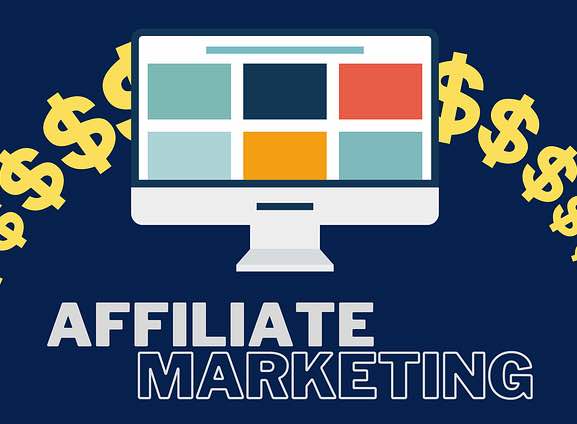Are You Targeting the Wrong Audience?
What Is Your Target Audience?
With a market full of customers you need to determine the target audience for your business. When you market your business, the biggest mistake you could make is thinking that your product is for everyone.
Don’t shoot without aiming. If you want to succeed and grow your business, you have to define who your ideal customers are with as much detail as possible. Create stories that engage your visitors and get them to take action. To do that you should follow our 6 steps to target your audience more effectively.
How Do You Find Your Target Audience?
Your online businesses faces a flow of irrelevant traffic on your websites. Using the latest tools and techniques has helped many businesses drive traffic to their platforms if only for a few seconds. Conversion rates from that type of traffic is in most cases is negligible.
Using basic SEO skills coupled with a good content strategy you could get many random hits quickly. But they would be of less value than a small number of hits from users who are actually looking for your services or product.
Focus your time and energy into reaching out to those who are actually looking for what your business offers.
Define Your Target Audience
Defining the target audience for your business will assist your business strategies in many ways. It saves your marketing energy that was previously being wasted to reach a larger but less interested audience.
The result is that you can generate the same revenue with less resources if you know what your target audience is looking for.
Who is Your Target Audience
Understand Your Target Audience
Your Target Audience in eCommerce is different from what you have in the real world. You don’t have the same interactions with customers in eCommerce as you would at a physical store.
Your judgment on a customers behavior and personality in a store provides information which is unavailable during an eCommerce encounter. The challenge is to develop the same insights during an eCommerce transaction.
Imagine you have an online store for sportswear. It’s important that you understand the lifestyle and behavior of people who follow sports on a regular basis.
If you are a fan of what you’re selling in your store it would be easier to make assumptions about what your customer desires. This removes the need for basic research as you already know what, how and when your customers want your product.
Picture Your Customer
As an online store for sportswear, you should have an understanding of your ecommerce target market. Make an individual profile for every user that visits your online store.
Once determined who you have to focus on, your marketing decisions will become much easier. You will be able to selectively target a group of similar customer profiles.
Customer Segmentation
With the customer profiles you created, you can categorize your ecommerce target audience. Use demographical information, such as name, address, user behavior etc.
Today’s practices suggest that businesses should make note of customers’ lifestyle, profession, and needs that are not being met. This helps online businesses engage their visitors helping you to create your promotional messages.
Customer Feedback
Successful entrepreneurs have developed best business driving strategies while interacting with their customers. It is common practice to record customer feedback immediately after completing business with them.
Some online businesses take it a step further and offer a brief welcoming survey to new users, in order to learn their needs before the process begins. Data generated from surveys and customer feedback can be graphically displayed to see where your ecommerce business stands and which segment can be improved.
In addition, due to regular communication with customers, you can also ask them to write reviews of your product or service on public forums.
Know Your Promoters
Once you have identified the target audience for your online store, the next step is to look after promoters of your brand. Customer promoters are advocates of your business that help popularize your brand via word of mouth.
It is general practice to leverage a satisfied chunk of your user base and educate it to build a strong referral base. To accomplish this most companies offer incentives to their promoters.
Stalk Your Competitors
This is one of the most important details that businesses need to take care of. It is common practice among industry giants to track their competitors and their strategies.
This practice can be seen in everyday life. Look at the example of a hand sanitizer that claims to wash away 99.9% of germs from your hands. In response, a competitor launched an improved hand sanitizer that does the same in less time.
Understand Your Competition
Similarly, online businesses need to be aware of products and services being used by their competitors. Sometimes, it is the same product or service, just the difference of strategy used in marketing to the right audience.
Therefore, keeping track of competitor’s audience is an efficient way of knowing what market should you take care of.
Evaluate Your Digital Efforts
Now that you know how to find your eCommerce target audience, it’s about time to evaluate your business plan and consider a few things. Would your target market benefit from your products? Would they truly benefit from it’s existence? How can you trigger them to make the buying decision?
What Drives Your Customer’s Decision Making
Determine what drives the decision making among your potential customers and how often they can afford to do business with you? Answering these questions should help you prepare your business strategy for your online businesses target audience.





